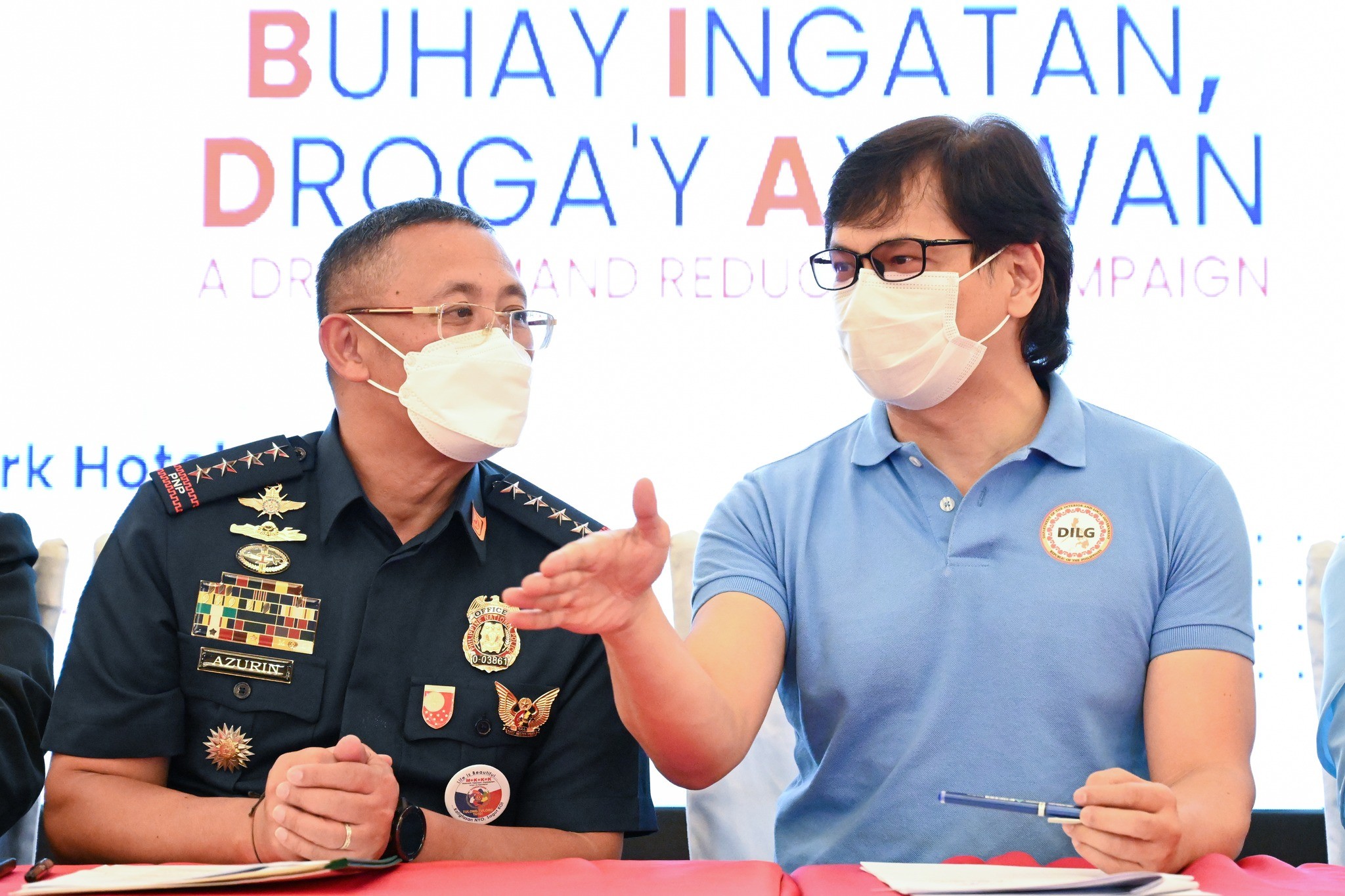News
Police cleansing earns support of local execs

FILE: Nakibahagi si PNP Chief Gen. Rodolfo S. Azurin Jr. sa isinagawang soft launching ng BIDA Program o Buhay Ingatan, Droga’y Ayawan ng Department of Interior and Local Government sa Rizal Park Hotel, Manila noong ika-7 ng Oktubre 2022. (Photo: Office of the Chief PNP/Facebook)
The Union of Local Authorities of the Philippines (ULAP) said drug abuse is a complex problem that has evolved into a chronic health disorder and takes a heavy toll on families and communities.
“Drug abuse is a complex problem prevailing at the intersection of public health, safety and social issues. It must therefore be resolved through strategic and targeted measures within the framework of the law,” ULAP president Quirino Province Governor Dax Cua said in their statement of support over the weekend.
Cua praised Gen. Rodolfo Azurin Jr., Philippine National Police (PNP) chief, for leading the initiative to cleanse the ranks of rogue cops.
“It takes courage and humility to ask what he asked of our police, knowing that he might gain enemies in the process,” Cua said. “This is an issue that transcends personal and career reasons. Tinatawag tayo ng bansa natin na magsakripisyo upang malutas ang halimaw na droga na bumibiktima sa ating mga kababayan (Our country is asking us to make sacrifices to solve the drug menace that is preying on our countrymen).”
The Metro Manila Council (MMC), the Metropolitan Manila Development Authority’s policy-making body composed of the 17 mayors of the National Capital Region, issued a resolution expressing support for Abalos’ move.
MMC president and San Juan City Mayor Francis Zamora said reforms are necessary to regain the trust and respect of the people for the PNP as well as to recognize the hard work and sacrifice of the police force in achieving a drug-free Philippines.
Azurin, his entire command group and other police officers with the ranks of colonels and generals have tendered their courtesy resignations following Abalos’ appeal on Wednesday to address alleged links of the PNP top brass to illegal drugs.
In November last year, the DILG led the simultaneous launch of the government anti-drug program Buhay Ingatan, Droga’y Ayawan (Value Life, Stay Away from Drugs or BIDA).
BIDA aims for drug demand reduction and rehabilitation of drug dependents in the community, with local government units, national government agencies, and other key sectors of society as key partners.
The Department of Social Welfare and Development and Department of Health will help in the rehabilitation programs; the Department of Trade and Industry will provide livelihood programs; the Department of Labor and Employment can assist in finding job opportunities; and church leaders can help in counselling.





















